For most of us following scientific and government guidance, life has changed quite dramatically over the past two weeks. We are (or at least we should be) avoiding contact with others wherever possible, and where absolutely necessary ensuring we maintain a 2m distance between individuals.
Many of us, including my wonderful team at ECG Training, have exchanged the office for home working, as we work to deliver vital NHS training. But staying within the confines of our houses and not seeing friends or family can feel challenging. Frontline NHS workers are coping with hugely increased workloads, not to mention the threat of exposure and the reality of what they witness.
We are all mentally dealing with the loneliness of social distancing, the horrific reality of the threat posed by Covid-19 and the uncertainty that lies ahead. But we are facing this together – everyone is (or at least should be) experiencing dramatic lifestyle changes. There are a variety of methods people find helpful when dealing with stress, and mindfulness has become extremely popular.
Mindfulness is described as ‘the basic human ability to be fully present, aware of where we are and what we’re doing, and not overly reactive or overwhelmed by what’s going on around us’. Mindfulness involves reconnecting our bodies with sensations around us – sights, sounds, smells or tastes we are experiencing in that exact moment.
It is easy to initially see mindfulness as ridiculous – ‘how will focusing on the cup of tea in front of me make my problems go away?’. It will not – mindfulness will not remove the stress and fear we are all currently facing – but it may help you cope. As simplistic as it seems, studies have shown that practising mindfulness can help to manage depression, some anxiety problems and feelings of stress.
Practicing mindfulness gives us an awareness of the thoughts and feelings we experience and allows us to temporarily detangle from them. When we take a step back from our thoughts and focus on the sensations of the current moment, we can notice patterns in our thinking, like when we get caught up in a particular worry and ruminate. By stepping out of the thought spiral, we can gradually train ourselves to detect the times when thoughts are taking over and realise that these thoughts should not control us. Mindfulness can allow us to deal with these thoughts in a more productive way.
So try it now. Stop what you are doing and just focus on what you can see in front of you, what can you hear, smell or taste? Does that moments pause bring you any peace? If this is a new concept to you, this can seem quite tricky at first.

I personally would recommend looking at Headspace (https://www.headspace.com) – there is an app where you can download meditations to your phone that you can listen along to and learn to practice mindfulness.
Mindfulness can also give you an increased awareness of your mental state – whether you are feeling more stressed without fully realising it. From there, there are a range of tools to work on your mental health, and there is always help available.
We are all in this together. Support those around you and be kind.
References:
https://sites.uci.edu/mindfulhs/what-is-mindfulness/
https://www.mind.org.uk/information-support/drugs-and-treatments/mindfulness/about-mindfulness
https://www.mindful.org/meditation/mindfulness-getting-started
Written by Sarah Hope (ECG Clinical Trainer & HealthCare Science Practitioner in Cardiac Science), Thursday 26th March 2020
Follow me at: https://twitter.com/ECGSarah












